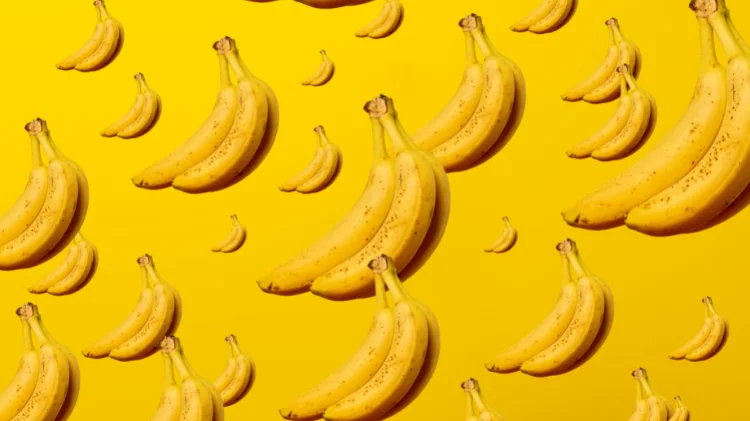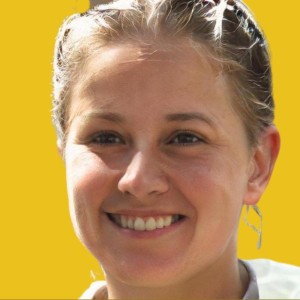Are bananas good for diverticulosis and diverticulitis? Bananas are a high-fiber food and are recommended for those with diverticulosis.
The fiber helps prevent constipation, which is thought to avoid diverticulitis flare-ups. What you can eat is entirely dependent on whether you are experiencing symptoms.
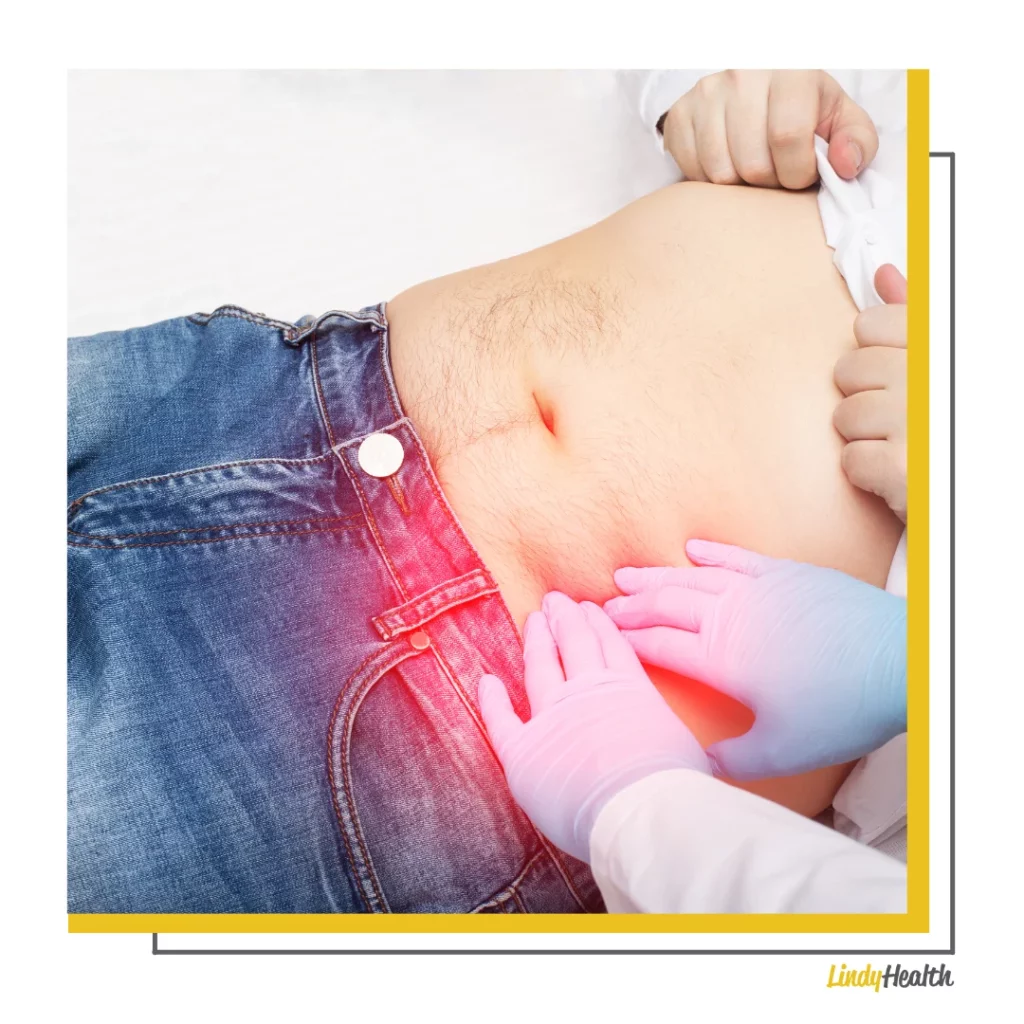
If you have been diagnosed with diverticular disease, you may be confused about what is on the table and what is not. There is a lot of misleading information from many sources, such as what fruits and vegetables are allowed.
We will explore the recommended options for a diverticulosis diet, including where bananas fit in. We will also look at foods that may heal the condition and what fruits to avoid. For everything, you need to know about a diverticulosis diet and answer if bananas are good for diverticulosis.
Diverticulosis vs. Diverticulitis
To clear up any confusion between the two terms, diverticulosis is the existence of small polyps or growths in your gut called diverticula. You may or may not have any symptoms. If you do have symptoms, they tend to include bloating, mild cramping, and constipation.
On the other hand, diverticulitis is when these polyps become inflamed or infected. This condition can result in pain, bloating, diarrhea, or constipation. It can lead to severe complications that require medical intervention.
It is essential to know the risk factors for developing diverticulitis symptoms so that we will explore those next.
Risk Factors for Developing Diverticulitis
Diverticulosis develops when diverticula develop in weak spots in your colon. This process usually occurs when the area is under pressure. These are marble-sized pouches that protrude through the colon wall.
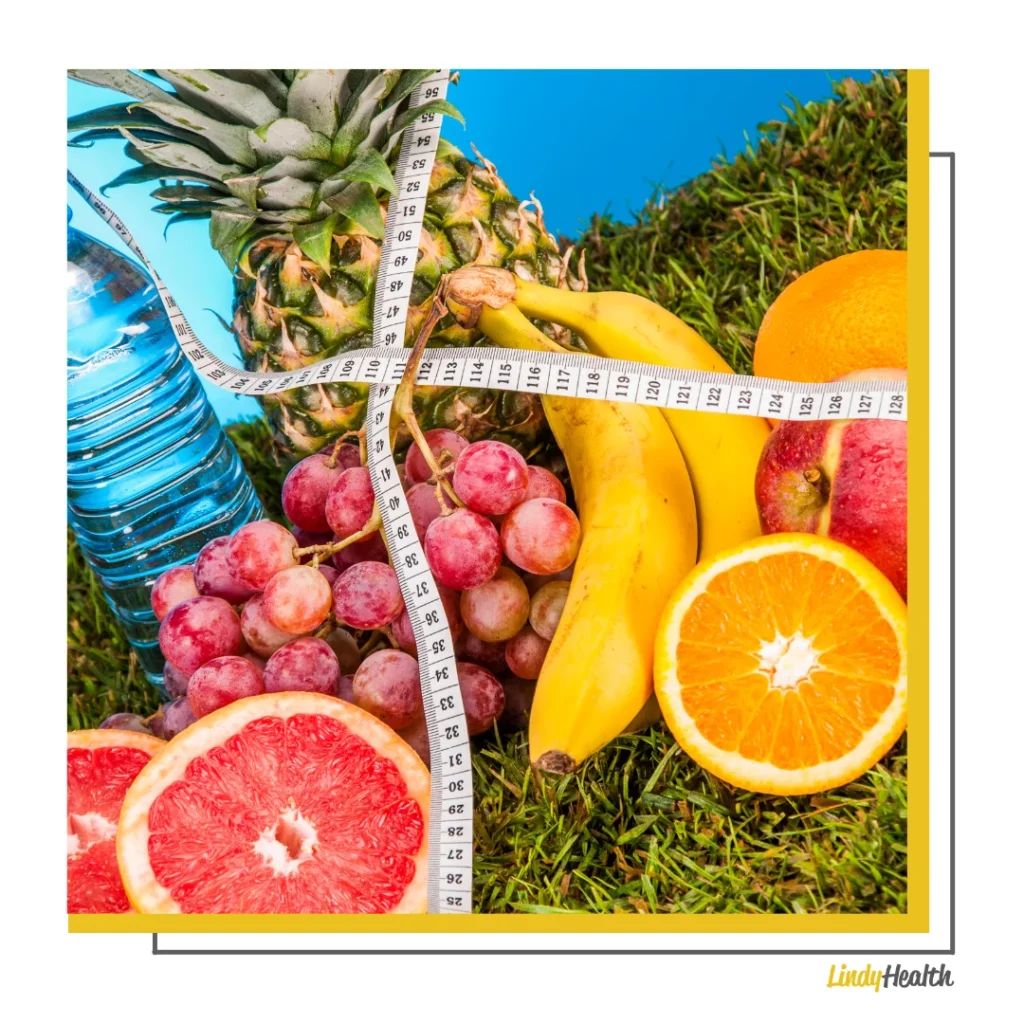
Several significant risk factors lead to the development of diverticulitis, including the following:
- Not getting enough exercise
- Being severely overweight
- Aging
- Smoking
- Taking certain medications, such as NSAIDs (ibuprofen, etc.)
Once diverticulitis develops, there can be severe complications, including an abscess in the pouch, peritonitis from a ruptured pouch, and a bowel blockage. Immediate medical attention is required for any of these conditions.
It is essential to take action where you can to prevent the development of this condition. You can do this with a high-fiber diet.
High-Fiber Foods (Bananas) Are the Recommended Option
Following a diverticulosis diet is essential to prevent further development of polyps, pressure on the polyps, and diverticulitis flare-ups.
While there is currently no specific diet identified that can guarantee the prevention of a flare-up, it is recommended that patients follow a diet rich in fiber to prevent constipation.
You should aim for 25 to 30 grams of fiber and 8 cups of fluid daily. Regular exercise will also help combat constipation.
Consider the following foods in your diet:
- Whole grains
- Legumes
- Vegetables
- Fruits
- Beans
Whole grains include bran, bulgur, oatmeal, and millet. Additionally, you can choose your favorite pasta and bread in whole wheat options.
Popcorn is also a whole grain food; however, you must take care as some people experience flare-ups following consumption. If you are currently having a flare-up, you should avoid this food.
There are many recipe options for those who have diverticulosis and suffer from diverticulitis flare-ups to keep things interesting. You do not have to be limited to a dull, bland diet just because you have a gut problem.
With fruit as an option, you may wonder if the ever-popular banana is a good choice.
Bananas Are an Excellent Choice for Diverticulosis
Bananas are a high-fiber food and, as such, make an excellent option for a diverticulosis diet. They can aid in preventing constipation, which, as mentioned, will help avoid diverticulitis flare-ups.
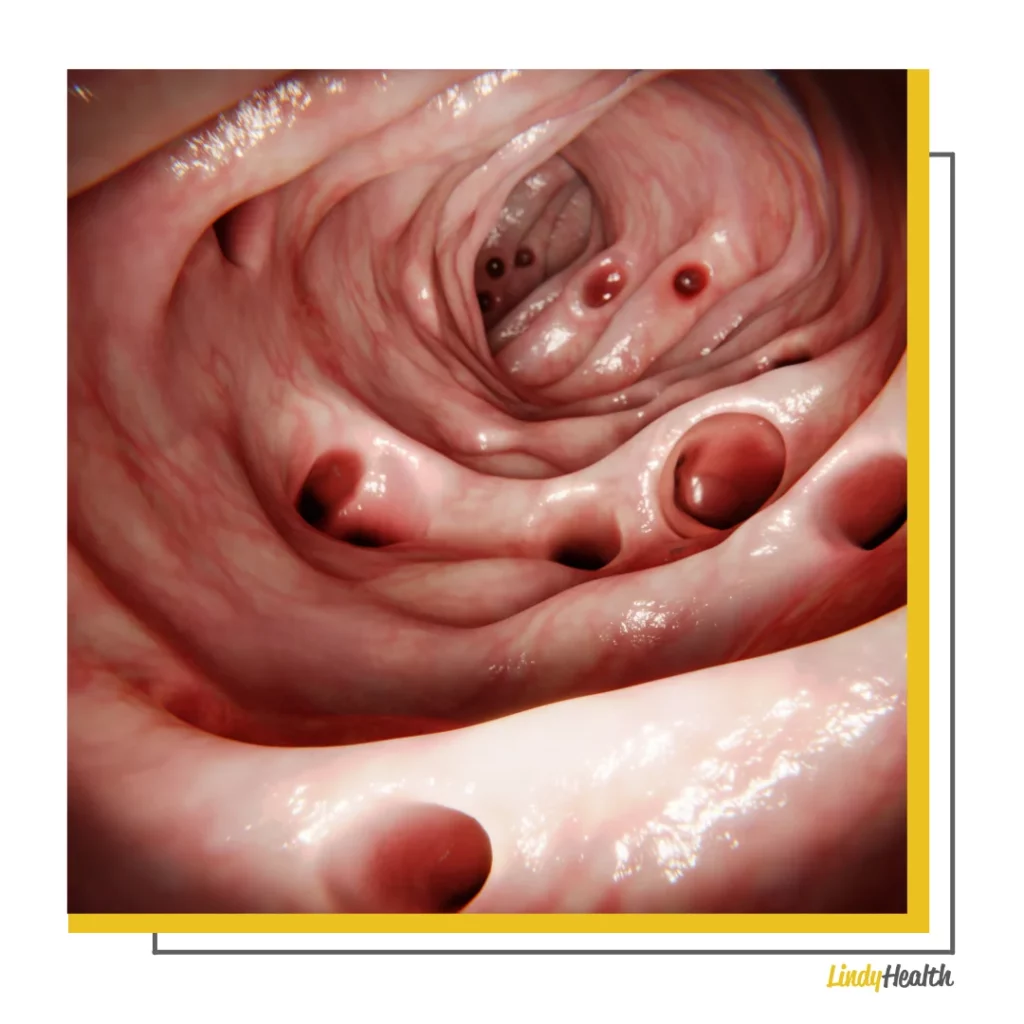
In addition to their fiber content, bananas are an all-around healthy food choice, providing essential nutrients such as potassium.
However, if you are experiencing a diverticulitis flare-up, you should avoid bananas. The fiber content could make symptoms worse by increasing stool production. Until the flare-up is over, consider alternative sources of potassium.
Now that you know which foods are suggested for a diverticulosis diet let’s explore whether any foods can heal the condition.
What Foods Heal Diverticulosis?
There are no specific foods that will heal diverticulosis. However, following a high-fiber diet when not experiencing symptoms is likely to prevent diverticulitis flare-ups. Research also suggests avoiding a diet high in red meat to prevent complications.
Once a flare-up has begun, the diet needs to be switched to a low-fiber option to reduce the amount of stool produced. This method will also reduce symptoms, allowing you to be more comfortable.
Additionally, you should avoid solid foods during the episode and follow a clear diet. You will need to allow your gut to reestablish its normal health status.
While no specific studies have been conducted on this, there may be a link between honey and healing diverticulosis. While it cannot remove the polyps, it may be able to prevent infection and the resulting diverticulitis flare-up.
Honey has natural gut health properties. Its antimicrobial and prebiotic nature boosts the immune system and prevents bacterial infection, which could lead to fewer flare-ups. You will need to monitor your intake as this food is a natural source of sugar.
We have explored the benefits of many different foods, including fruits. We need to consider any fruits that need to be avoided next.
What Fruits Should I Avoid With Diverticulosis?
There was once a theory that eating seeds could complicate diverticulosis and cause flare-ups. However, there was never any supporting research to show that this was the case. Fruits are high-fiber foods and are recommended for the prevention of constipation.
If you have a flare-up following the consumption of fruits with seeds, consult with your physician. You may not be able to incorporate these foods into your diet. Everyone is unique and responds differently to various food options.
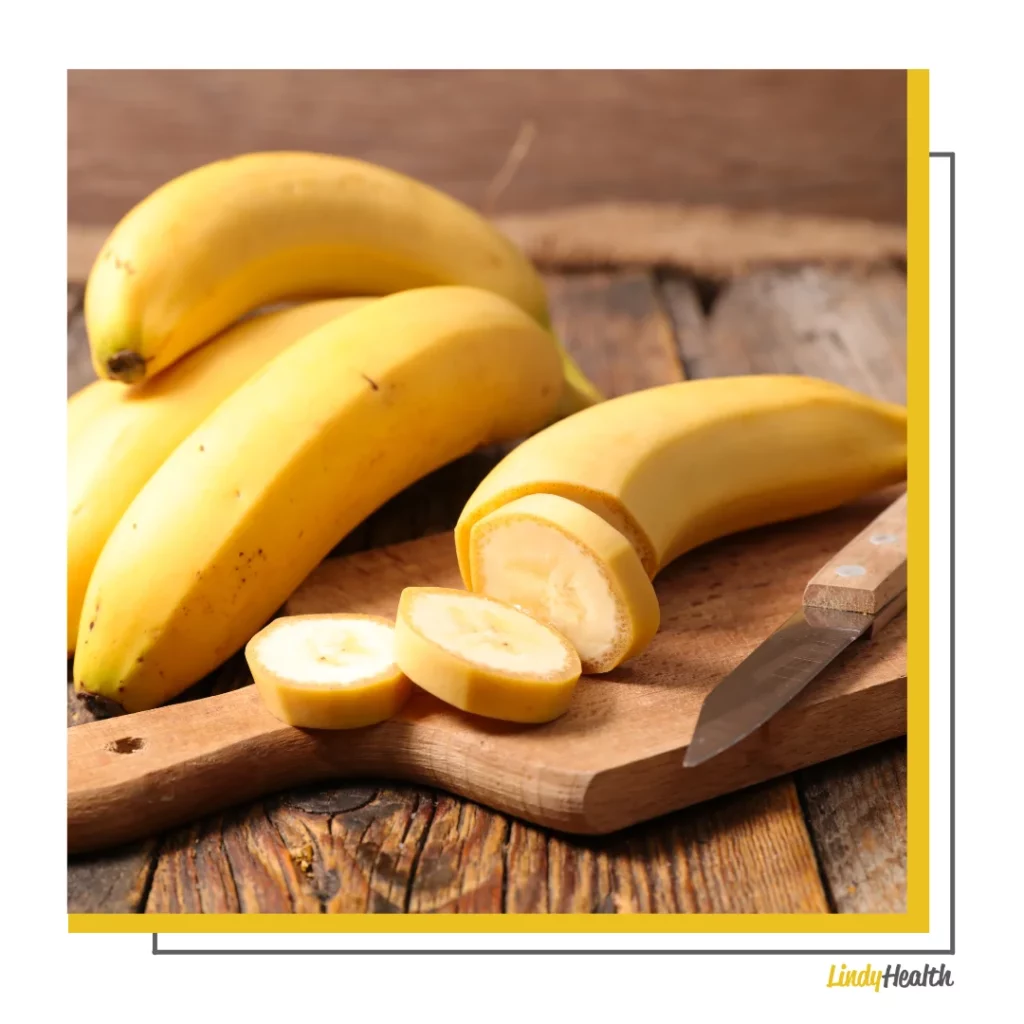
It is suggested that if you are in the middle of a flare-up for you to eat canned fruits. These fruits have no skins or seeds, which is the primary source of fiber in these foods. This will help alleviate stool production, minimizing diverticulitis symptoms.
Avoid canned fruits with heavy syrup or a lot of sugar, as this can increase bowel movements, further irritating the symptoms. Look for options in juice or with no sugar added for the best results.
Similarly, choose canned vegetables over frozen and fresh when you are having a flare-up. These options also offer less fiber.
Nuts have often been questioned like seeds in their effect on patients with diverticulosis. Let’s look at their impact on symptoms.
Are Nuts Bad for Diverticulosis?
While it may seem like consuming nuts would lead to a flare-up due to the pieces of food getting lodged in the diverticula, there is no factual evidence to back this up.
As with consuming seeds, there has never been any conclusive study done to prove this theory. With the corresponding information that many have diverticulosis and never know it, consumption of nuts appears to have no direct correlation to the condition.
However, this may be another case-by-case concern. If you have symptoms following the consumption of nuts, you should avoid them in your diet. However, most patients who have diverticulosis do not have apparent complications from nuts in the diet.
Nuts are a high-fiber food, which means if you tolerate them well, they are an excellent option for meeting your daily intake requirement. Again, if you develop a diverticulitis flare-up, you must stop eating them until the symptoms are gone.
Now that we have explored all these foods and their effects on diverticulosis and flare-ups, we will explore what to do during a diverticulitis episode.
What To Do When I Have a Flare-Up
As mentioned, most people with diverticulosis have no symptoms. The condition is typically identified during an exam, such as a colonoscopy. Others will experience mild cramping, some bloating, and constipation.
It becomes a severe problem when it develops into diverticulitis. Because of this condition’s symptoms similarities to other issues, such as appendicitis, the doctor may need to conduct several tests to come to the correct diagnosis.
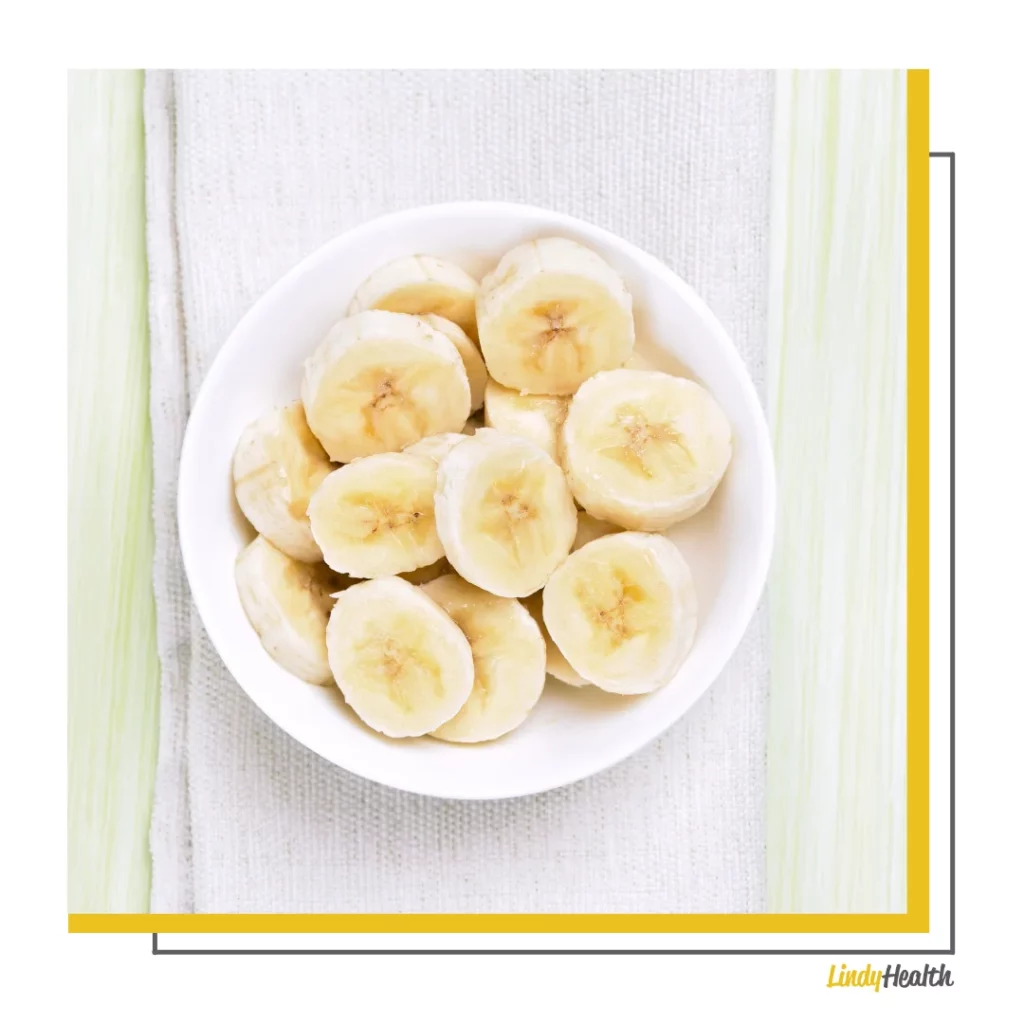
Treatment of a flare-up needs to be swift because it can lead to further complications, such as a perforation of the intestinal wall. You will typically be given a round of antibiotics and placed on a low-fiber diet.
If the infection does not respond to the medication, you may have to be hospitalized for more aggressive therapy.
Final Thoughts: Bananas and Diverticulosis
You may live most if not all of your life with diverticulosis and never know you have it when it is symptom-free. However, if you are aware of it, a diet high in fiber and low in red meats is advisable to avoid diverticulitis flare-ups, although it is not guaranteed.
Bananas are high-fiber fruit that offer benefits such as helping to reduce constipation. Additionally, they provide other nutrients that support your overall well-being. Combining this fruit with other fiber-rich foods may help prevent flare-ups.
During a flare-up, bananas are one of the foods you should avoid as the diet requirements change to low fiber. Symptoms are more quickly reduced when stool production is minimized. The best advice is to follow the directions your doctor provides.
Do you think Bananas are good for diverticulosis?
Let us know if they have helped your symptoms in the comments below.
- 5 Best Peptide Companies - February 27, 2024
- Best Beginner SARM Stack - February 15, 2023
- Male Hormone Panel Labs Explained - October 31, 2022



